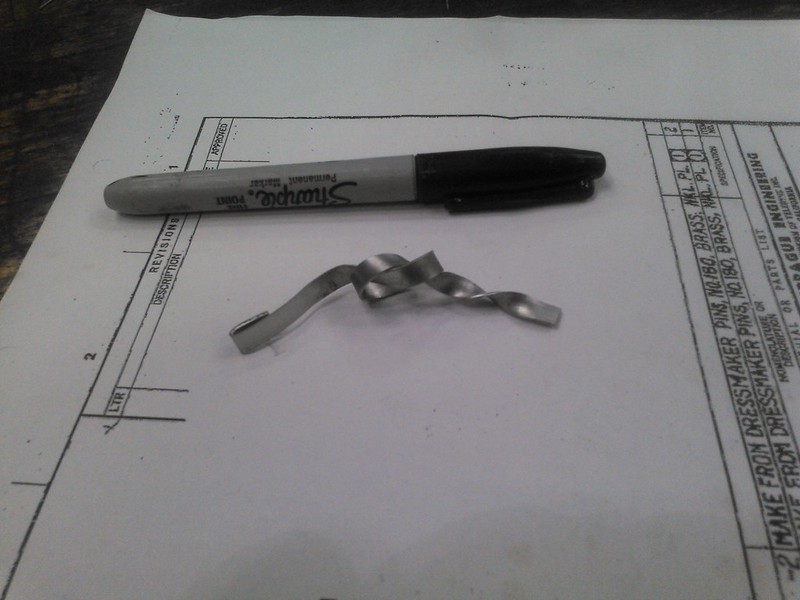Dan Miller
Aluminum
- Joined
- Nov 5, 2007
- Location
- Ontario Canada
Using the thickness I wish to work with, which will be .025", which aluminum alloy will bend 90* and stay bent with little springback? The following alloys are all available in my chosen thickness of sheet stock.
2024 - T3
5052 - H32
6061 - T6
My parts will be stamped to roughly 1/2" X 3/4" and then formed in a series of stations. There will be four 90* bends. Just asking advice on which alloy will bend well, crack the least and when bent, stay that way with minimal springback. To give an idea of the shape of the part, imagine a small, square tunnel, when the part is placed on a flat surface.
Thanks in advance for any suggestions.
Dan Miller
.
2024 - T3
5052 - H32
6061 - T6
My parts will be stamped to roughly 1/2" X 3/4" and then formed in a series of stations. There will be four 90* bends. Just asking advice on which alloy will bend well, crack the least and when bent, stay that way with minimal springback. To give an idea of the shape of the part, imagine a small, square tunnel, when the part is placed on a flat surface.
Thanks in advance for any suggestions.
Dan Miller
.


 Aluminium alloys with more of aluminium have little structural value but are ductile and some of the alloys have good corrosion resistance. Check out
Aluminium alloys with more of aluminium have little structural value but are ductile and some of the alloys have good corrosion resistance. Check out 